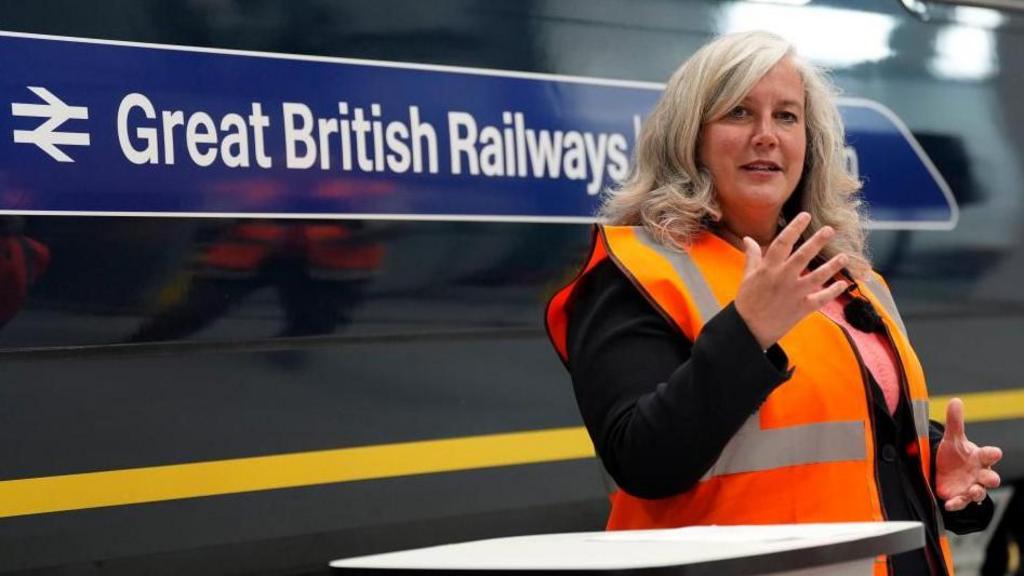The recent nationalization of South Western Railway (SWR) marks a significant step in the Labour government’s rail policy. However, the Transport Secretary, Heidi Alexander, clarified that lower fares are not guaranteed despite this “new dawn for rail.”
SWR, the first train company to be renationalized under the current administration, began operating under public ownership on Sunday. While Alexander expressed a desire to reduce fares, she highlighted the substantial annual taxpayer subsidy—£2 billion—already allocated for daily train operations.
The government’s immediate focus will be on service and infrastructure improvements, a shift in priorities that has raised questions amongst the public. The inaugural journey under the new ownership, from Woking to Surbiton, was partially disrupted by ongoing engineering works requiring a bus replacement for the London Waterloo leg.
SWR now falls under the Department for Transport (DfT) and will eventually be integrated into Great British Railways (GBR). However, GBR’s official launch awaits parliamentary approval, expected this autumn, with full operational integration some time after.
Responding to public concerns, Alexander emphasized the impossibility of guaranteeing immediate fare reductions given the substantial existing subsidies. She pledged to strive for better value for money, but the Conservative party criticized Labour for failing to deliver on past promises of lower ticket prices.
Public opinion, as evidenced by interviews conducted in Bournemouth, reflects a strong desire for cheaper fares. Several individuals interviewed highlighted the significant cost of train travel, leading them to opt for alternative, often more environmentally unfriendly, modes of transportation.
Government sources indicate that efforts to lower fares are underway, but concrete promises are considered premature pending the establishment of GBR and the renationalization of other services. Interestingly, the first privatized rail service in 1996, under the Conservative government of John Major, also commenced with a rail replacement bus.
Despite the uncertain immediate impact on fares, public support for nationalization persists, with many emphasizing a need for improved transparency in pricing. The nationalization of SWR follows that of four other operators under previous Conservative governments and precedes the planned renationalization of two more later this year. The government aims for near-total renationalization of passenger rail services by 2027.
While the Rail Maritime and Transport (RMT) union welcomed the move as a rejection of privatization, concerns remain about outsourcing of roles to private companies. The process will see seven more companies renationalized by 2027, following a similar trajectory in Wales and Scotland, where nationalization was completed in 2021 and 2022 respectively.
GBR’s future role will be to manage rail tracks across Great Britain, and operate most passenger train services in England.
Robert Dale had a heart attack while waiting for his private hire licence to be renewed.
We take a look at what is involved with qualifying to be a train driver as the minimum age is lowered.
The special trip marks 80 years since the talking steam engine was created by the Reverend W Awdry.
The heritage railway is hoping the funds raised will restore the damaged carriage at Isfield.
Eastbound trains have not been calling at South Bank railway station since October.

